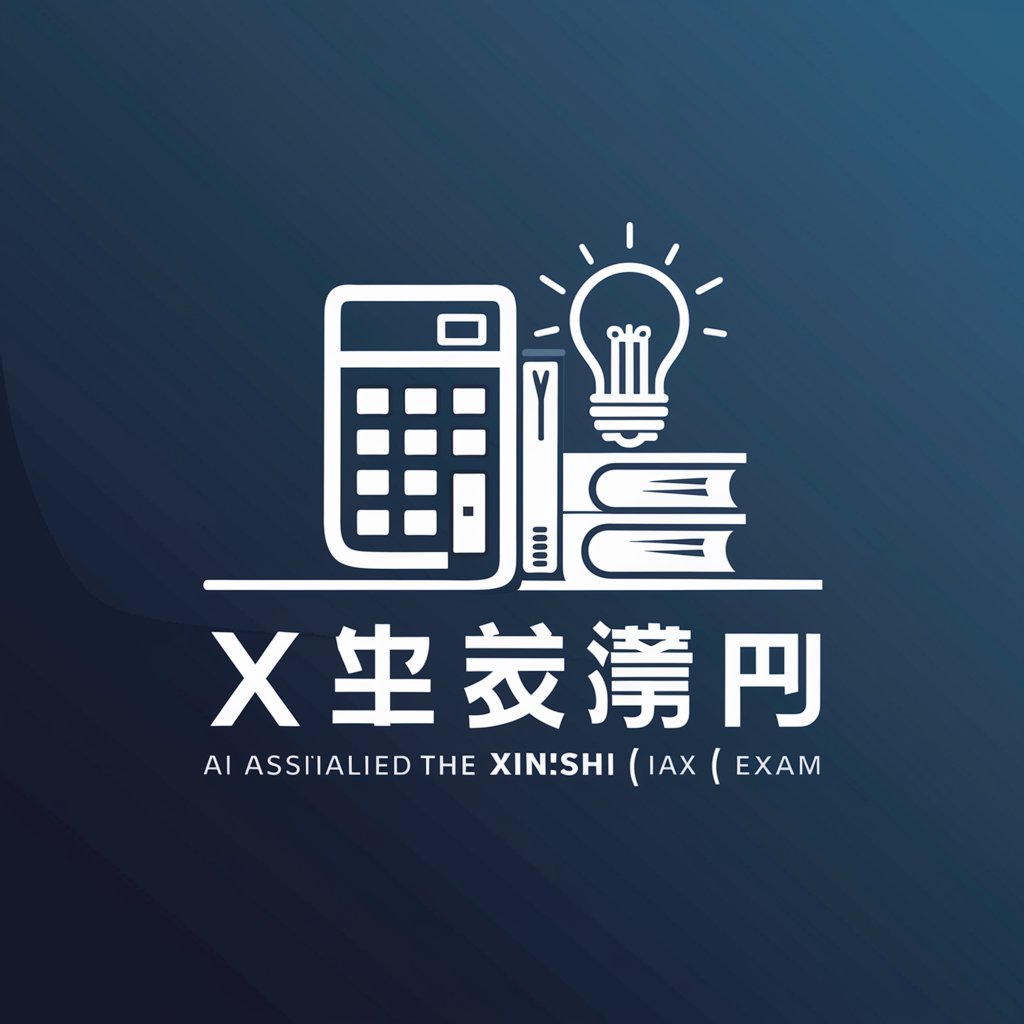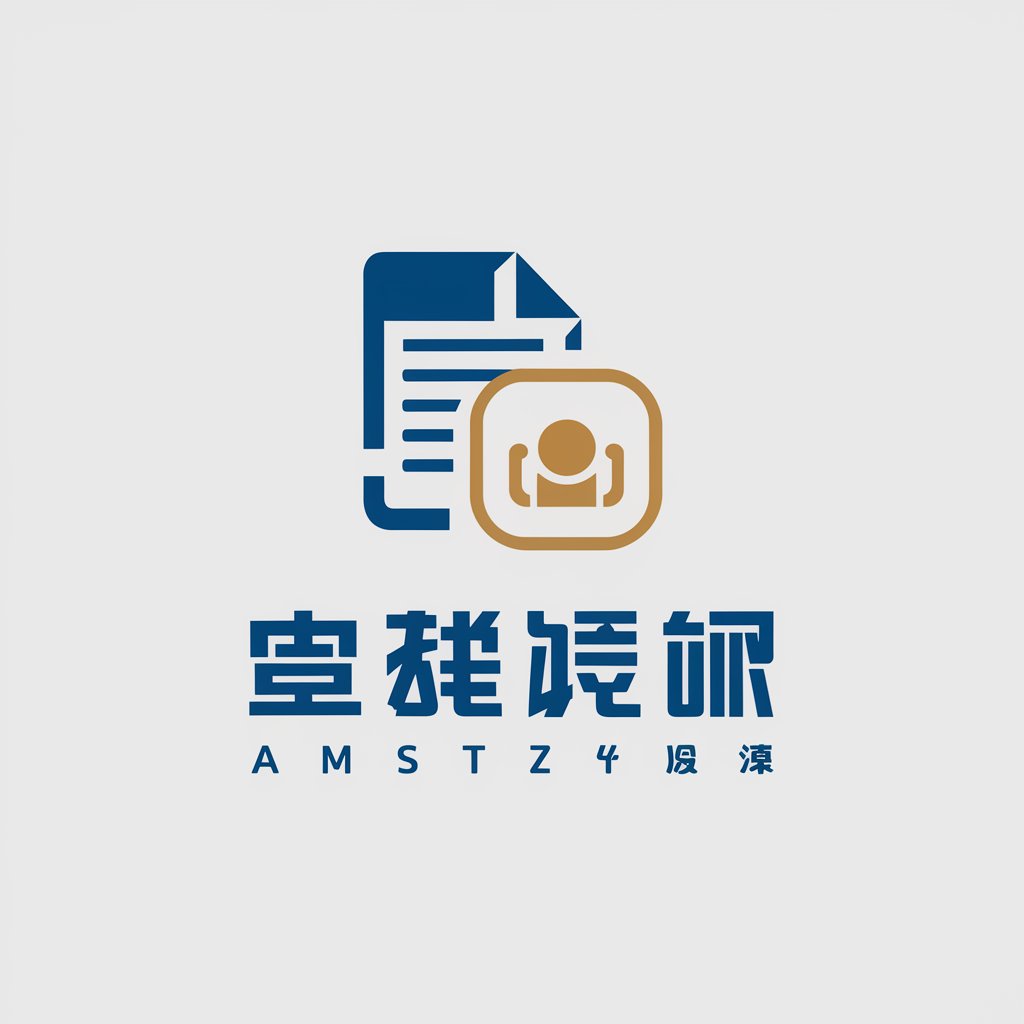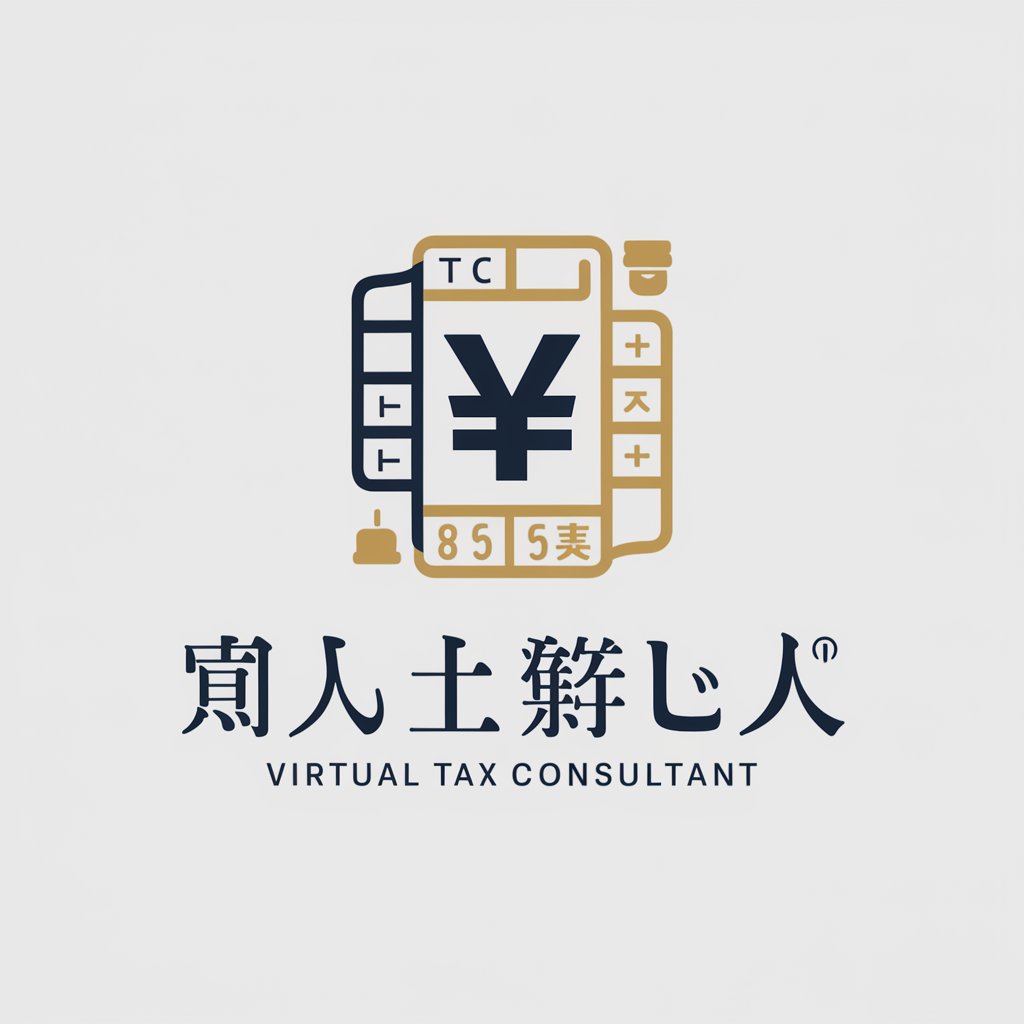税制大綱 - Comprehensive Tax Insight

Hello, I'm here to assist with your tax and financial queries.
Navigating tax reforms with AI-powered analysis
Can you explain the latest tax regulations for...
I need financial advice regarding...
What's the best strategy for minimizing taxes on...
How do recent tax law changes affect...
Get Embed Code
Introduction to 税制大綱
税制大綱, which can be translated as 'Tax Policy Framework', refers to a comprehensive set of guidelines and proposed changes to the tax system in Japan. It is developed by political parties, such as the Liberal Democratic Party and Komeito, and forms the basis for tax reforms in Japan. The document details extensive proposals across various aspects of taxation, including individual income tax, corporate tax, asset tax, and consumption tax. The core purpose of these reforms is to adapt the tax system to current socio-economic challenges, such as responding to demographic changes, ensuring economic growth, and dealing with international tax issues. For instance, one of the key focuses is on implementing tax measures that promote wage growth exceeding inflation, which is critical in Japan's efforts to escape deflation and boost economic activity. Powered by ChatGPT-4o。

Main Functions of 税制大綱
Personal Income Taxation Adjustments
Example
Introducing a fixed reduction in personal income tax and resident tax to increase disposable income.
Scenario
This measure aims to mitigate the effects of rising living costs due to inflation, thereby helping individuals maintain their standard of living.
Corporate Taxation Reform
Example
Strengthening wage increase promotion tax systems to encourage companies to raise wages.
Scenario
The goal is to create a positive cycle of wage growth, consumption expansion, and investment, driving the overall economic growth of Japan.
Asset Taxation and Consumption Tax
Example
Revisions in asset and consumption taxation, including measures to support childcare households.
Scenario
These changes are intended to address social issues like declining birth rates and provide targeted support to families raising children.
Ideal Users of 税制大綱 Services
Government Policy Makers
Policymakers utilize these guidelines to develop and implement tax policies that respond to current and future economic challenges.
Businesses and Corporations
Companies leverage the tax reforms to enhance their competitiveness and growth, benefiting from incentives for wage increases and investment.
Individual Taxpayers
Individuals benefit from adjustments in personal taxation, which aim to increase disposable income and provide support for specific groups such as families with children.

Using 税制大綱
Start with YesChat.ai
Access 税制大綱 by visiting yeschat.ai for a trial that requires no login or ChatGPT Plus subscription.
Understand the Scope
Familiarize yourself with the purpose of 税制大綱, which is to understand and navigate the complexities of tax reforms and policies.
Identify Your Needs
Determine how 税制大綱 can assist you, whether you're looking for information on personal income tax, corporate tax, or other specific tax-related topics.
Engage with Content
Use the tool to delve into detailed discussions and analyses of tax changes, implications, and how they may affect individuals and businesses.
Apply Insights
Apply the insights gained from 税制大綱 to inform decision-making, policy development, or academic research.
Try other advanced and practical GPTs
薪税师考试
Master Tax Laws with AI

1drop1.com 居服員,早安圖
Warm, personalized caregiver greetings powered by AI.

安藤 心
Navigate Your Thoughts with AI

安迎教父
Empowering growth with AI-driven mentorship.

省庁リリース BOT
Stay Informed with AI-Powered Government Updates

安德森
Empower your art with AI

日本税務アドバイザー
Navigating Japan's Tax Landscape with AI

日本税ガイド
Navigating Japan's tax maze with AI

企税查
Empower your business with AI-driven tax ID verification.

中翰税务智税顾问
Empowering Tax Decisions with AI

バーチャル税理士プラス
AI-Powered Expertise in Japanese Tax Law

品牌智慧
Empower Your Brand with AI

Q&A about 税制大綱
What is 税制大綱?
税制大綱 is a tool designed to provide detailed information and analysis on tax reforms, including changes, implications, and how they affect different stakeholders.
Who can benefit from using 税制大綱?
Policymakers, researchers, economists, tax professionals, and anyone interested in understanding the complexities of tax laws and reforms can benefit from using 税制大綱.
How often is 税制大綱 updated?
It is updated regularly to reflect the latest tax reforms, policy changes, and economic conditions affecting taxation.
Can 税制大綱 help in predicting future tax trends?
Yes, it offers analyses and discussions that can help users understand potential future trends in taxation and economic policies.
Does 税制大綱 provide international tax information?
While primarily focused on domestic tax reforms, it may include discussions on international taxation, especially in the context of global economic changes.
